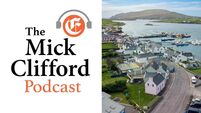'He gave us the platform, the pathway': the life of John Hume is applauded by the town he loved so well
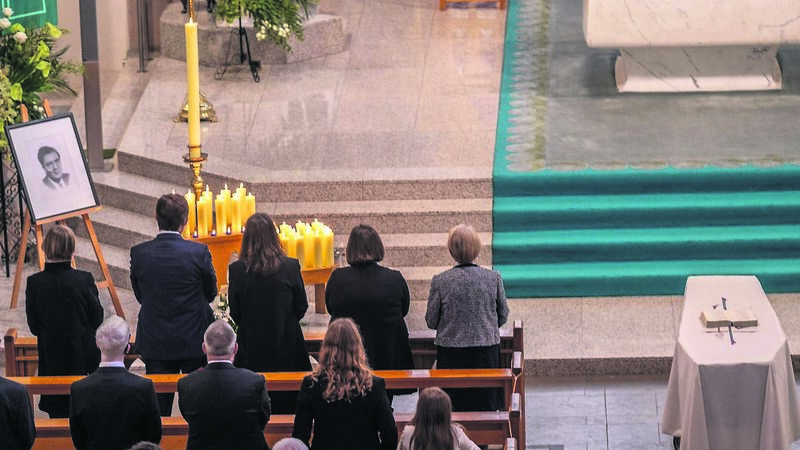
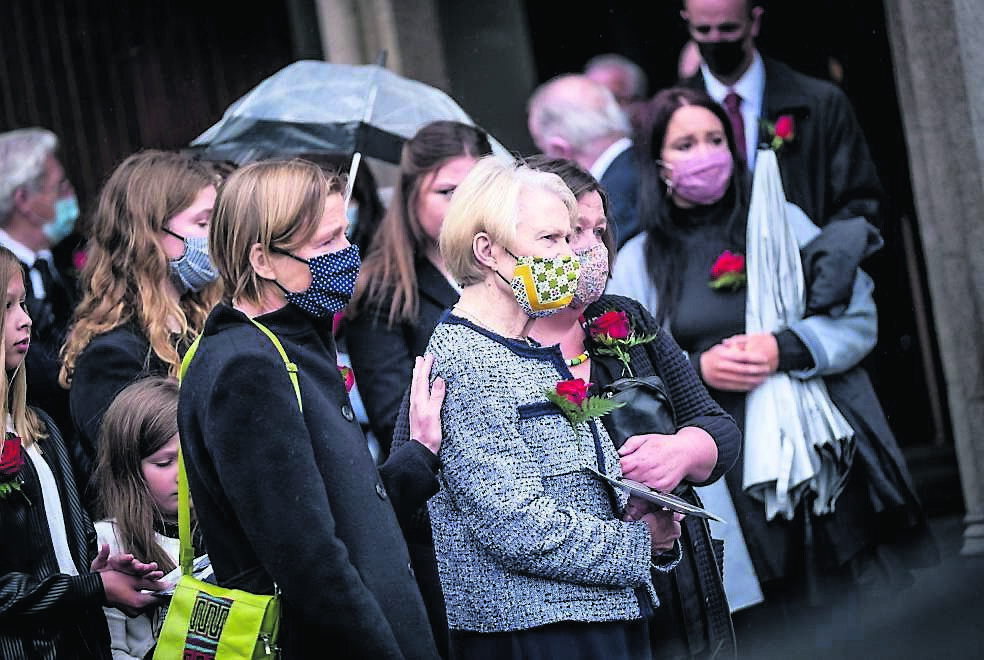
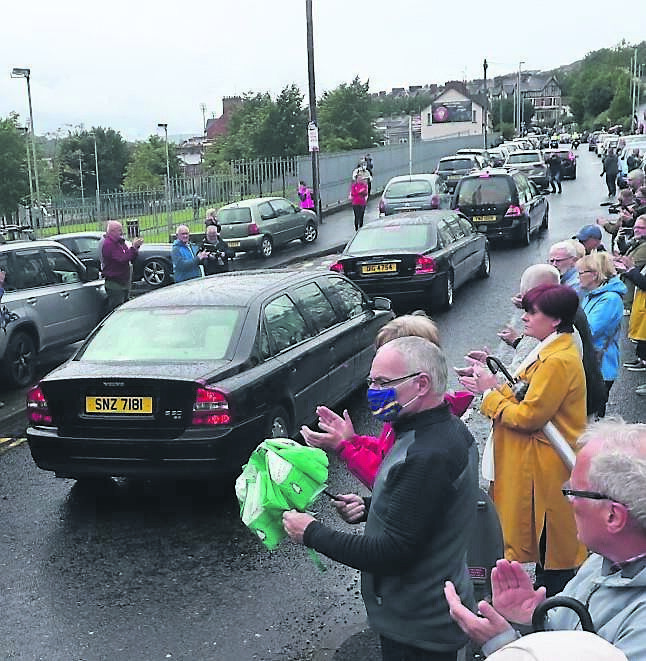
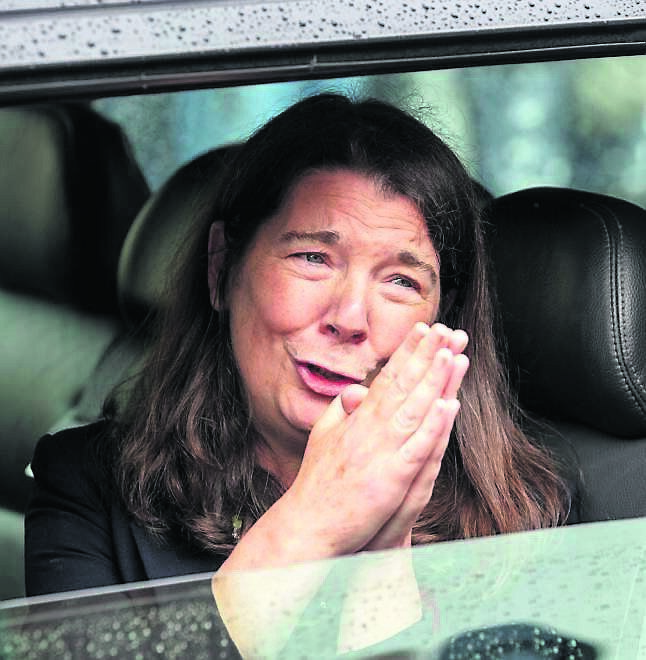
As the final bars of The Town I Loved So Well drifted out of the cathedral door the first crackle of applause sounded.
Stuttering at first, the instigators perhaps hesitant whether it was an appropriate response to such a moment, it quickly swept among all those congregated outside the church grounds to say goodbye to John Hume.
Two of his grandchildren spun round to see where the spontaneous act of appreciation had emanated.
They were greeted by a gallery of faces, some sheltering beneath umbrellas, perched high behind wrought iron railings on a road behind St Eugene’s Cathedral.
One man called out “Thank you John”.
Minutes earlier, the same onlookers were listening on a tiny portable radio balanced precariously on a car roof as Phil Coulter ended the funeral service on the piano with Mr Hume’s favourite song about his favourite place – Derry.
Outside, as the clapping spread to the limited number of mourners who had been able to attend the mass, Pat Hume held her focus on her husband’s wicker coffin as it was gently loaded into the hearse.
Behind her the assembled dignitaries applauded the man whose efforts to stop the bloodshed of the Troubles earned him the Nobel peace prize.
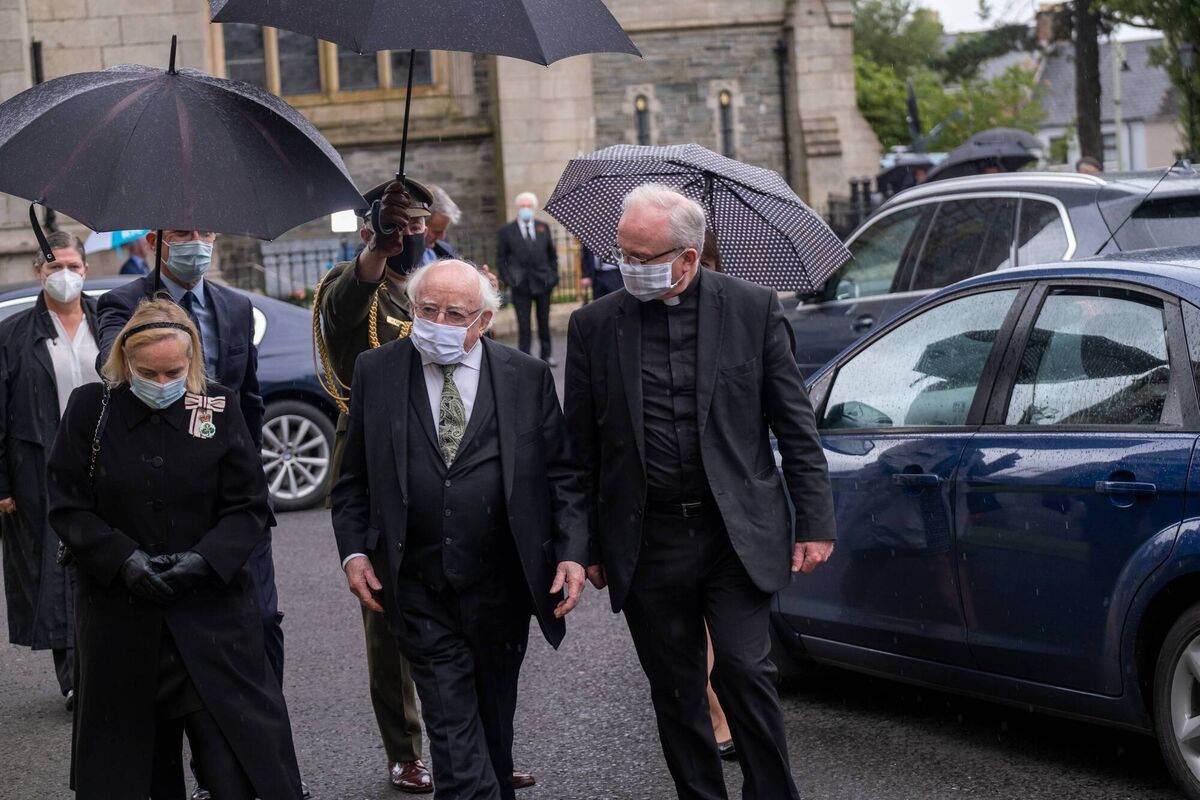
In a sign of the strange times in which Derry bade farewell to one of its most famous sons, all wore face masks.
The applause finally subsided. But only momentarily.
As the hearse emerged from the cathedral gates, taking Mr Hume on his final journey to the City Cemetery, it rang out again.
This time accompanied by the words of Abide With Me, sung by church choristers standing at spaced out intervals close to the entrance.
As the cortege turned right up Creggan Street, a uniformed veteran of the Irish Defence Forces, standing like a sentry, raised a salute.
All around him people clapped.
Pat Hume, travelling in the black funeral car behind the hearse, lowered her window to acknowledge those on the roadside who had braved the rain to say their own personal thank you.
Earlier, she had sat at the end of the first pew of the cathedral as her son John Jnr insisted it was the family that owed the north west a thank you – for looking after Mr Hume as dementia gradually took hold.
“The kindness shown to him by the people of Derry and Donegal, who stopped to talk to him in the street every day, guided him to protect his independence, and received him with gentleness if he was agitated, was a profound gift to all of us,” he said.
“We are eternally grateful to all those that helped over the years.” Outside the bond Mr Hume had forged with those people, from the height of his political powers through to the fading of his light, was all too clear.
Along that last slow drive to the cemetery, there were not the thousands that would have been expected if the funeral had happened in normal circumstances.
But there were enough to leave the family in no doubt what the former SDLP leader meant to the town he loved so well.
John Hume's family have been inundated with tributes to the world-renowned peacemaker from across the world and at yesterday's funeral just a few were read out to the small congregation decimated in number by coronavirus restrictions.
Bishop of Derry Donal McKeown read a message from the Vatican.
It said: "His Holiness Pope Francis was saddened to learn of the death of Mr John Hume and sends the assurance of his prayers to his family and to all who mourn his loss.
"Mindful of the Christian faith that inspired John Hume's untiring efforts to promote dialogue, reconciliation and peace among the people of Northern Ireland, His Holiness commends his noble soul to the loving mercy of Almighty God."
There was also a message from Mr Hume's fellow Nobel Laureate, the Dalai Lama.
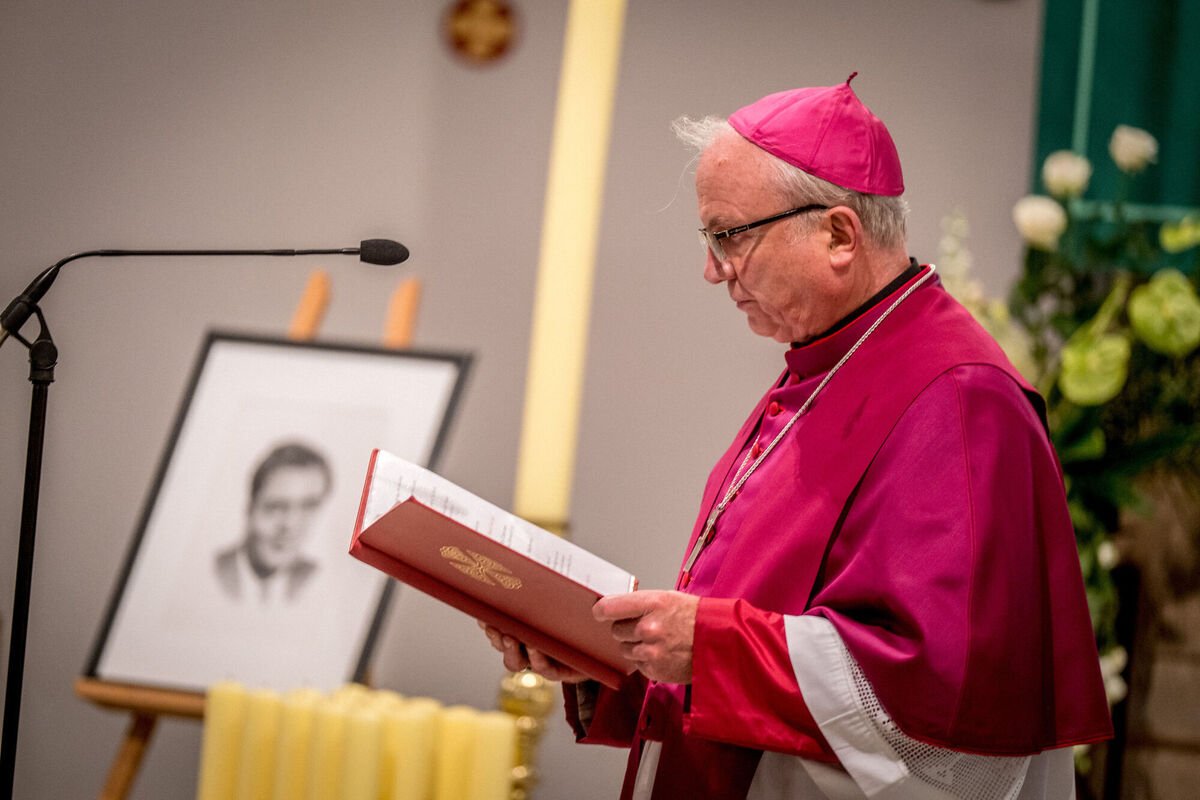
"Indeed, his deep conviction in the power of dialogue and negotiations in resolving the problem in his homeland has been an example of non-violent resolution of issues.
"It was his leadership and his faith in the power of negotiations that enabled the 1998 Good Friday Agreement to be reached. His steady persistence set an example for all of us to follow.
"Although my fellow Nobel laureate is no longer with us, his message about peace and non-violence in the resolution of conflict, no matter how protracted or difficult it may seem to be, will long survive him.
"He lived a truly meaningful life."
A message from U2 singer Bono said: "We were looking for a giant and found a man whose life made all our lives bigger.
"We were looking for some superpowers and found clarity of thought, kindness and persistence.
"We were looking for revolution and found it in parish halls with tea and biscuits and late-night meetings under fluorescence.
"We were looking for a negotiator who understood that no-one wins unless everyone wins and that peace is the only victory.
"We were looking for joy and heard it in the song of a man who loved his town so well and his missus even more.
"We were looking for a great leader and found a great servant.
"We found John Hume."



